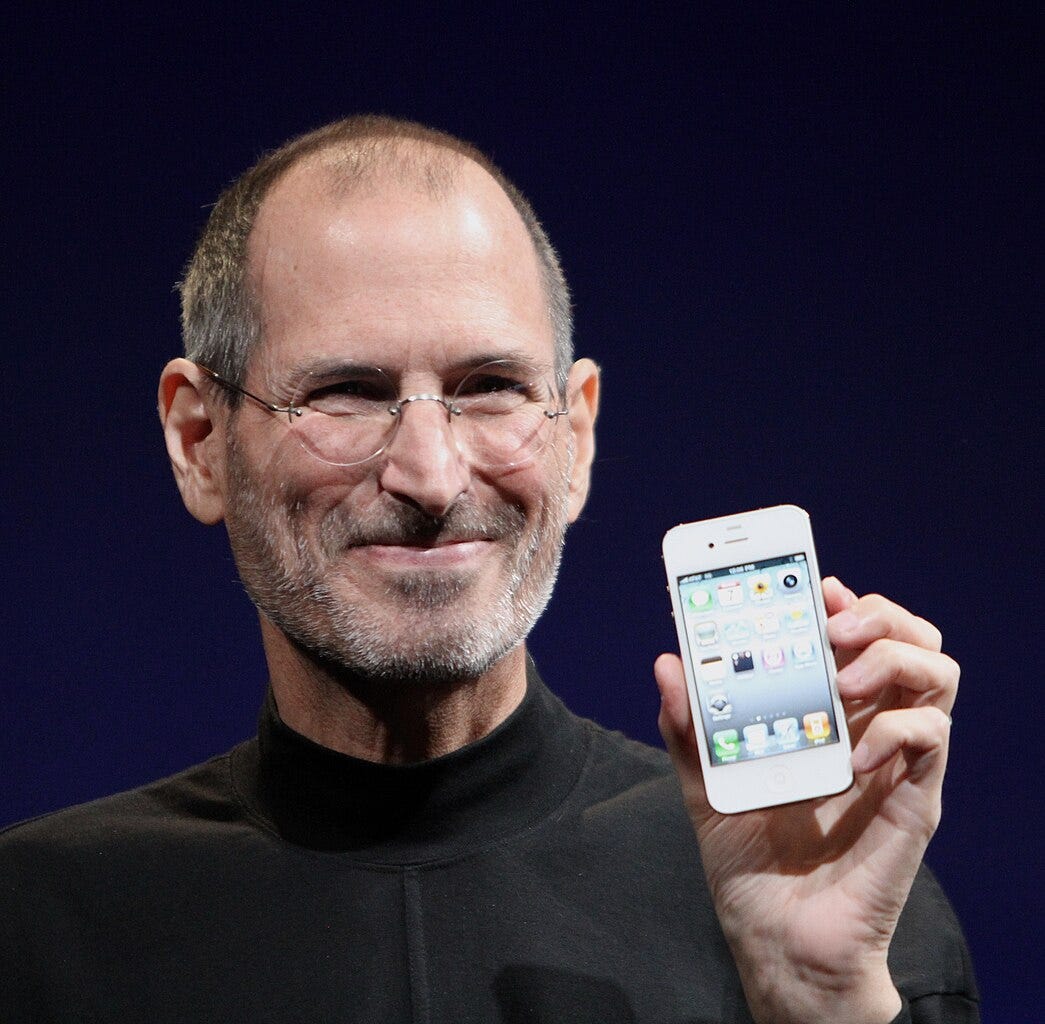Why I Said "No" to the NCAA
Plus tariff turmoil, the Bewley Twins, and private equity's college football play
Welcome back to Money Games, my monthly take on sports, business, and all things leadership. Thanks for reading and subscribing, and please share with your friends and colleagues.
— Joe
In this issue:
Tariff Turmoil
Why I said “no” to the NCAA President job
March Madness Was Missing Something: The Bewley Twins Should Have Been Playing
Will Private Equity Eat College Football?

Tariff Turmoil
The whole world—literally—has been talking about President Trump’s tariffs. Earlier this week I wrote a piece for Forbes about the playbook for business leaders (guess what: it works regardless of industry). Uncertainty like we’re seeing right now is the true test of leaders.
And for those who are interested, I am still long-term bullish. That said, I remain concerned near term, even with the concession Trump made by pausing many of the tariffs. So much hinges on China, and I don’t see Xi backing down anytime soon, even as Trump tries to create pressure for a negotiation.
Why I Said “No” to the NCAA
When the NCAA began its search for someone to replace President Mark Emmert in 2022, I had three conversations with the search committee about the opportunity. After some serious thought, I told them “no, thanks.”
One might assume I’d jump at this kind of opportunity, given my love of college football, my experience as a head coach at Coastal Carolina (and coaching at various levels at Nebraska, Dartmouth, Lafayette, Fordham Prep, Archmere, Penncrest and the Omaha Nighthawks), and my time as Chairman and CEO at TDAmeritrade and a senior executive at Merrill Lynch.
I appreciated their interest, but it came down to a single factor for me: At the end of the day they would not have had the stomach to do what I believed was necessary to move forward, which was probably to dismiss the entire executive group. They had failed on the most significant thing to happen to college sports—NIL—and totally abdicated their responsibility, leading to the chaos we have today.
Fixing the NCAA just wouldn’t be possible unless I could move on from the people responsible for that failure. Nothing was going to change otherwise.
I was reminded of this recently when former Starbucks CEO Howard Schultz went on the “Acquired” podcast and told a story about an interaction he had with legendary Apple cofounder Steve Jobs in 2008. The feelings I had about the NCAA are pretty common when a major organization is struggling.
Schultz said on the podcast that he had just returned to the coffee giant after eight years away, and he was struggling with the senior team. He had a call with Jobs, who told him to come by Apple HQ so they could talk.
“I think there was a future meeting scheduled for Starbucks and Apple around mobile order and pay and other things. I was talking to him on the phone,” Schultz said, “and I’m telling him what’s going on. He said, ‘you should come down.’ He had a whole thing about walking. He would go out and he’d walk around the building.”
Once Schultz got there, Jobs got straight to the point.
“I just told him all my problems, everything that was going on,” Schultz said on the podcast, “and he just stopped me and he said, this is what you need to do. He looked at me and he said, ‘You go back to Seattle and you fire everyone on your leadership team,” Schulz recalled on the podcast. “I thought he was joking. I said, ‘What do you mean fire? What are you talking about? Fire everybody?’ He said, ‘I just told you. Fucking fire all those people.’ He’s screaming at me in my face.”
And here’s the thing: Schultz said there was no way he could do that. Jobs countered that all the senior staff would be gone within a year anyway. It turned out that Jobs was right. Only one senior team member stayed, and it meant that those months were largely wasted. That senior team that Schultz didn’t fire weren’t looking out for the company, they were looking out for themselves during that time.
This is such an important lesson, even though it’s a hard one. No one wants to fire someone. When we step into a new position, it can be stressful. You want the team to be great. But a great leader knows that they need to maximize their team’s potential, and that will never happen if they have one foot out the door. If the organization was already having problems, then it’s the preexisting leadership that’s responsible for those. Unless they present a dynamite plan for how they’re going to right the ship, a new executive must ask: What value do they bring?
I chose not to pursue the NCAA position for the same reason Jobs told Schultz to fire his senior team. The NCAA leadership had done a terrible job for many years. They’d completely dropped the ball on NIL and wasted time fighting it all the way to the Supreme Court, rather than leading proactively and helping develop a system for revenue sports like D1 football and basketball that actually worked. I was convinced then—and history has proved me right—that the organization as it existed under Emmert was incapable of doing anything other than fighting for its own self-preservation.
Former Massachusetts Governor Charlie Baker took the job, and the NCAA has continued to muddle through, failing to lead on NIL, failing to proactively work to spin off football and basketball, and ultimately failing professional student athletes. Instead of leading, they’re fighting (and losing) in court, and spending millions on lobbyists, hoping Congress will fix the problem for them.
Baker’s strategy has rested on this idea that the GOP and Trump administration will step in and clean up their mess. I don’t think that’s guaranteed to happen at all.
For one thing, Congress and the White House are distracted by a million crises. The Trump administration’s interest in college sports has been limited to attacking institutions for allowing trans athletes to compete. It doesn’t seem like helping the NCAA fix its business plan is really on their radar. For another, all those D1 athletes are potential voters.
Yet this wishful thinking is just about the only thing the NCAA’s got. They’ll still be the same organization that messed up on NIL to begin with. It’s not like there’s any fresh creativity or leadership.
I think there was an opportunity for the NCAA to turn things around when they replaced Emmert, but it required truly new leadership and a new frame of mind to do that. At the end of the day, an organization—like a company—is comprised of people. If you can’t change the people, you’ll never change the organization.
Recently Published
The Bewley Twins Should Have Been Playing in March Madness
During March Madness, I took a look at the case of the Bewley twins, two young basketball players who were expected to be major NCAA contenders. They didn’t play in March Madness—nor did they have the opportunity to. They’re banned from D1 competition because they got paid as high schoolers. That ban remains in effect, despite the fact that NIL is now legal and some college basketball players are earning millions. You can read more about why I think the NCAA should let them play over at Sportico.
Will Private Equity Eat College Football?
I also explored the entry of private equity in college sports, and what the implications might be for the programs that embrace the potential investment. For most universities, it would probably mean short-term gain for long-term pain. You can read more on Forbes.
BAM LEADERSHIP LESSON OF THE MONTH
In the last issue, I wrote about Spiritual Soundness. Mahatma Gandhi had some thoughts on why it works:
“We but mirror the world. All the tendencies present in the outer world are to be found in the world of our body. If we could change ourselves, the tendencies in the world would also change. As a man changes his own nature, so does the attitude of the world change towards him. This is the divine mystery supreme. A wonderful thing it is and the source of our happiness. We need not wait to see what others do.”







thoughtful comments on subjects not usually addressed
733578